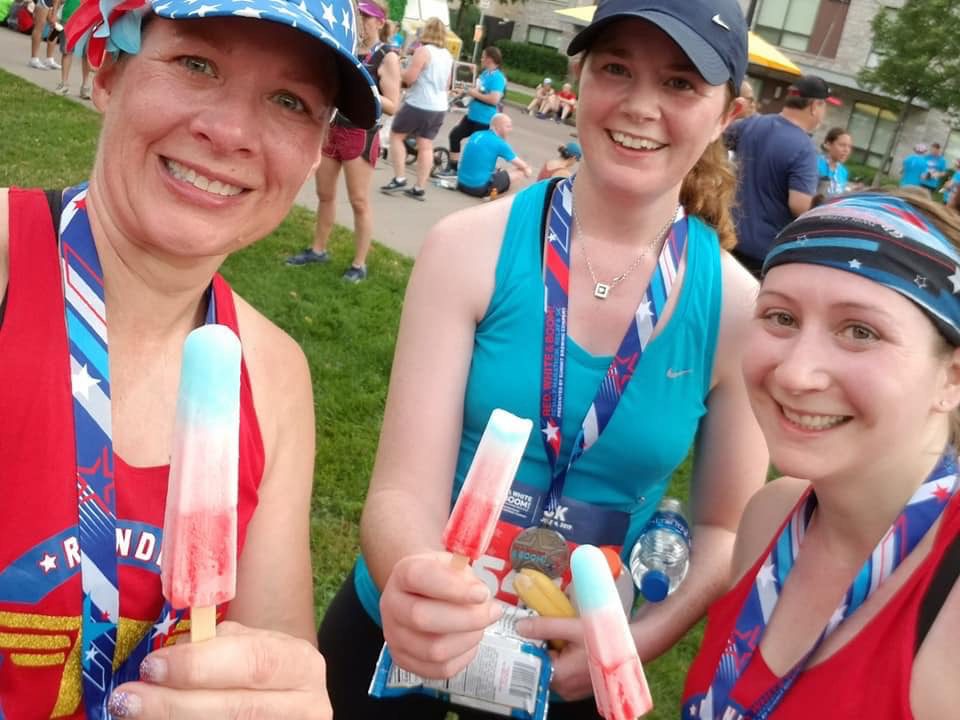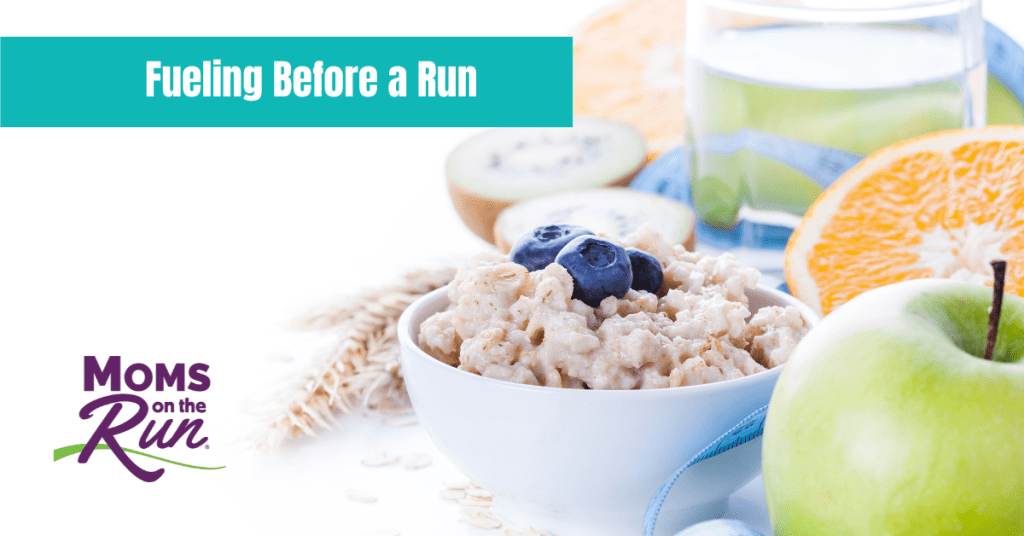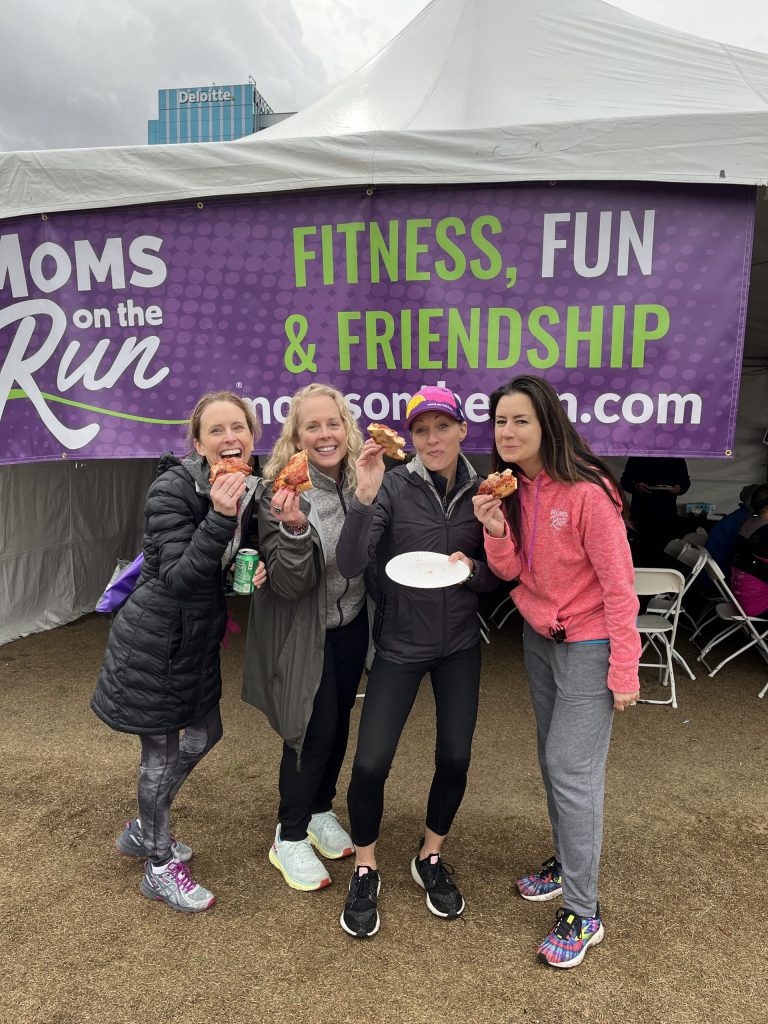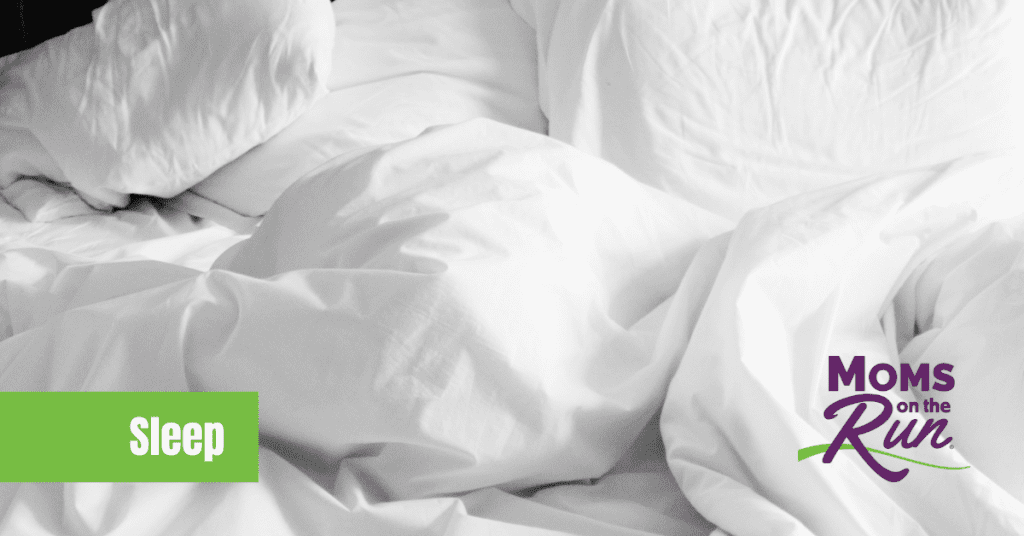WEEK 3: YOUR GROCERY STORE GAME PLAN
The Bittersweet Topic of the week
Does sugar have a stronghold on your life? Does it frustrate you that your spouse can stop after “just one,” but you can’t? If you answered YES to either of those questions, you are not alone! Being sugar sensitive is a reality for many people (myself included).
I know that with runners especially, sugar cravings can be an incredibly compelling, and even debilitating struggle… and so often, we laugh them off, even though deep down the cravings are a real problem and we’re embarrassed that we don’t seem to have any control over them.
One big thing I want you to know right away is this: Sugar cravings have nothing to do with a lack of willpower and everything to do with balancing your brain chemistry.
But before our biochemistry lesson, allow me to share with you one of my most embarrassing moments, EVER! I’m braving through the potential shame of sharing this only because I know that this can help you. (In fact, you might have a similar story of your own.)
Okay, here it goes…
When I was in school to be a Registered Dietitian, I was actually struggling with my diet a LOT. My sugar addiction had gotten so out of hand that one evening I totally lost control.
My roommate had left for the evening. On her side of the room, there was a sealed plastic container of frosted cookies that she had just picked up from the grocery store.
I remember sitting alone in the room feeling like I was in a battle with this package of cookies. They were calling me! All 12 of them!
I was actually sweating a little bit and felt my heart racing as I tried to resist them. But in the end, I caved. And I shamefully grabbed the container and ate them. All of them. 12 frosted cookies disappeared and I felt disgusting.
The next morning, it got worse. Because I had to confess to my roommate that I’d eaten her entire container of frosted sugar cookies.
Yep, the soon-to-be dietitian who couldn’t keep her hands off of some cookies. I felt like such a fraud.

And you know what? There were hundreds of similar moments. Like, intentionally buying “Halloween candy” in August. Hitting up McDonald’s for Shamrock Shakes in March. Downing Pumpkin Spice lattes at Starbucks in September.
I was trying to follow all the “dieting rules” I was learning in school. I tried countless “sugar detoxes.” But I kept caving. And putting on weight.
The truth was — I was a sugar addict.
(Yes, sugar addiction is a real thing. Most people don’t know it, but sugar has the same effect on the brain as cocaine.)
And here’s the kicker –– the eating regimen I was learning in dietitian school (the low-fat, low-calorie diet) only added to the problem. It brought me to the unhealthiest point of my life, and my heaviest weight.
But here’s that good news — kicking sugar addiction has nothing to do with willpower, and everything to do with balancing your brain chemistry.
And (surprise, surprise), eating PFC-balanced is a great first step to kicking cravings that result from blood sugar crashes as a lot of them do. That’s because when you’re craving sugar, that means your blood sugar levels are NOT stable or balanced.
So let’s take a closer look at how you can start to bust those sugar cravings…
Your Kickstart to Kicking Sugar Cravings
#1: Realize that ALL carbohydrates turn into sugar in your body (not just sweets).
You may not have a “sweet tooth,” but even if you crave “salty” foods like potato chips or pretzels, that means what you’re really craving is SUGAR.
When you eat these foods, your blood sugar spikes high and fast, setting you up for a ride on what I call The Blood Sugar Roller Coaster. And this only sets you up for more cravings, low energy levels and weight gain.
Yes, there ARE good carbs — veggies and fruit –– and yes, there are ways to eat them without throwing your blood sugar out of whack (see below).
#2: Any time you eat a Carb, pair it with a Fat and Protein.
This is because fat slows down the absorption of sugar into your bloodstream (so you don’t get a huge surge followed by a crash, which is when you crave sugar). It also keeps you full and sends a message to your brain, telling you to stop eating.
Just be sure to focus on those healthy fats like butter, avocado, olives, coconut oil, nuts and seeds, and not processed, damaged ones like margarine, vegetable oil, or cool whip (those slow down your metabolism and increase cravings!).
Okay, so why protein?
Protein is super duper important too because it is a precursor for your neurotransmitters (brain chemicals) that determine whether or not you have sugar cravings (just like Glutamine is a precursor for making these important sugar-busting brain chemicals, too!). You need adequate amounts to keep sugar cravings at bay.
#3: Snack between meals.
When you don’t eat for long periods of time, your blood sugar levels crash, and that’s when you start craving sugar.
Snacking throughout the day keeps your blood sugar levels stable. That brings us back to what we covered in week 2: “PFC Every Three”—that term I coined referring to eating a combination of protein, fat, and carbohydrates every few hours.
Bonus: with stable blood sugars, your fat-burning hormone, glucagon, is released which boosts your metabolism and burns fat. (Basically, when you don’t snack, your body learns to live during “starvation mode” and your metabolism slows down. Your body then hangs on to extra energy by turning it into fat because it’s expecting it will need it in case you don’t eat for a while.)
#4: Start reading labels to become aware of hidden sugars.
Under the ingredient list, you’re looking out for: sugar, corn syrup, high fructose corn syrup (HFCS), evaporated cane juice, dehydrated cane syrup, fruit juice concentrate, barley malt, glucose solids, turbaned, maltodextrin, honey, molasses, maple syrup, and anything ending in -ose (fructose, sucrose, maltose, galactose, dextrose). It’s best to steer clear of all of these.
That’s a long list! Now you may be wondering about honey, coconut sugar, agave nectar, or monk fruit sugar having been told that these are healthier options, since they contain a few nutrients. My response is that sugar is sugar. It’s all metabolized the same way in your body, whether it has nutrients in it or not. On that note, I don’t think we should be getting our nutrients from sugar anyway! Consuming even these “healthier” sugar options are setting you up for that vicious cycle of cravings.
#5: Make sleep a priority.
If you needed another reason to get more Zzzs then this is it! When it comes to keeping cravings away, sleep matters. The hormone, ghrelin, stimulates appetite and plays a big role in your body’s signals of hunger and cravings. When you deprive yourself of sleep, ghrelin drives hunger and cravings up.
So there you have it!
Learning these 5 tips have been HUGE a-ha moments for my clients.
It’s time to stop blaming yourself for not having enough willpower.
Acknowledge that you have control over your biochemistry and make it a priority to implement these tips. I would never expect you to “just stop eating sugar” without first addressing the underlying biochemical imbalance that’s causing your cravings to happen in the first place.
I encourage you to start with these 5 steps, and I also created a beautiful guide for you with five more tips to busting and preventing sugar cravings! Save it, print it, put it on the refrigerator door, and use it as a powerful resource for overcoming those cravings for GOOD.
I’m on your team and know just how to help you! 🙂
Cassie



